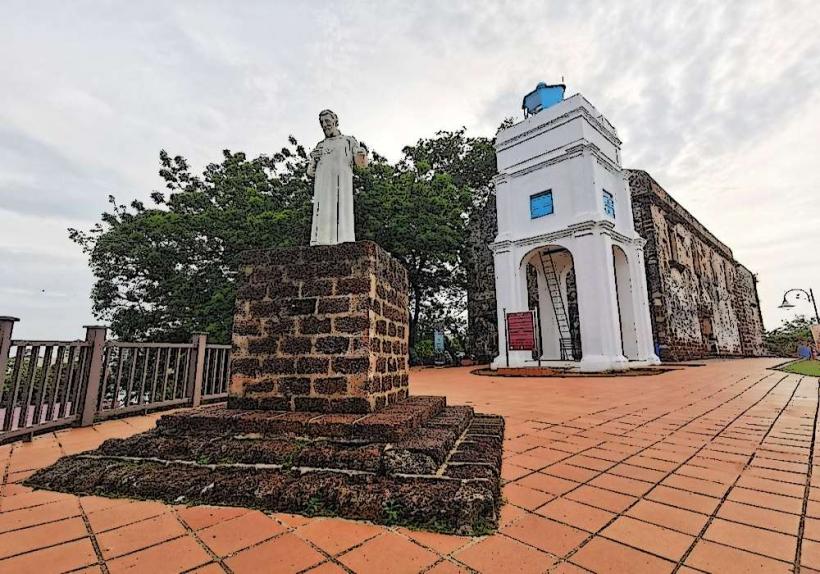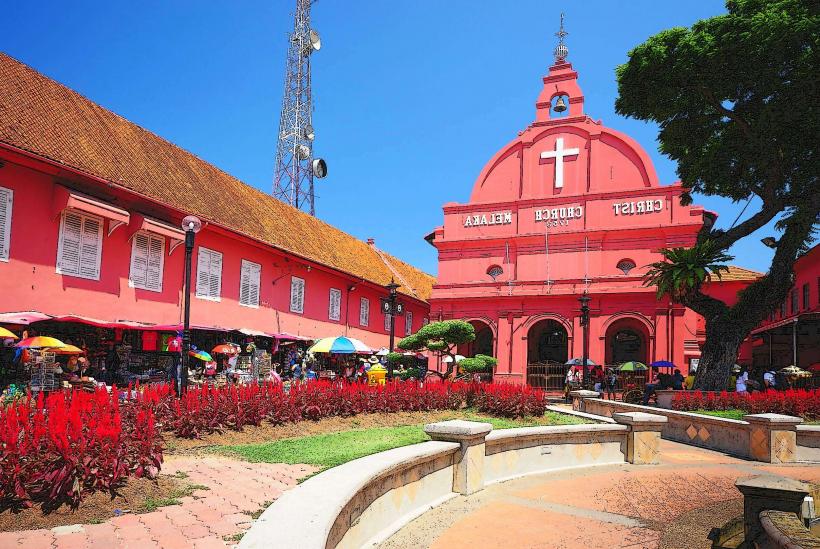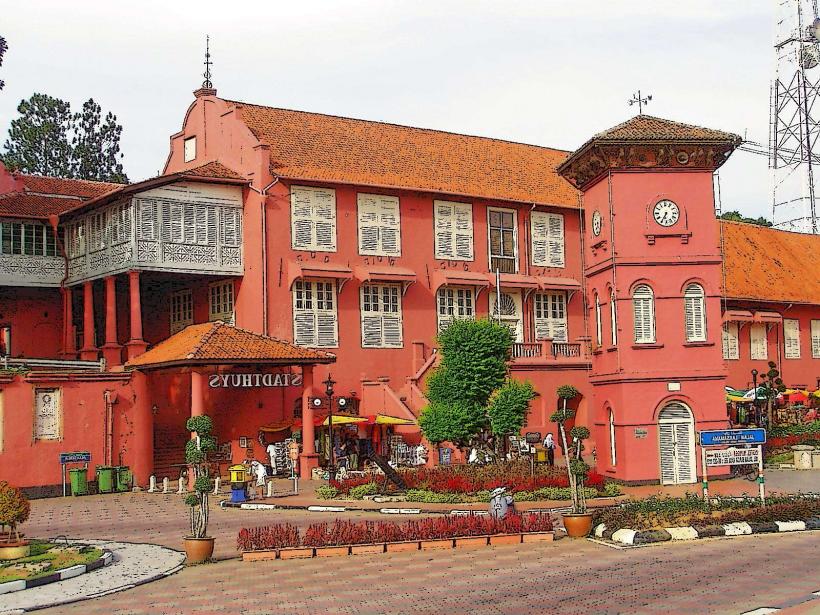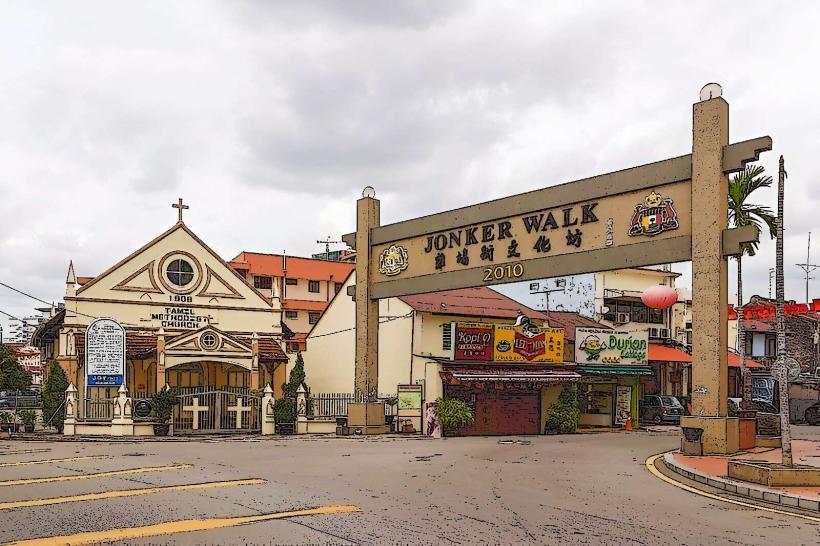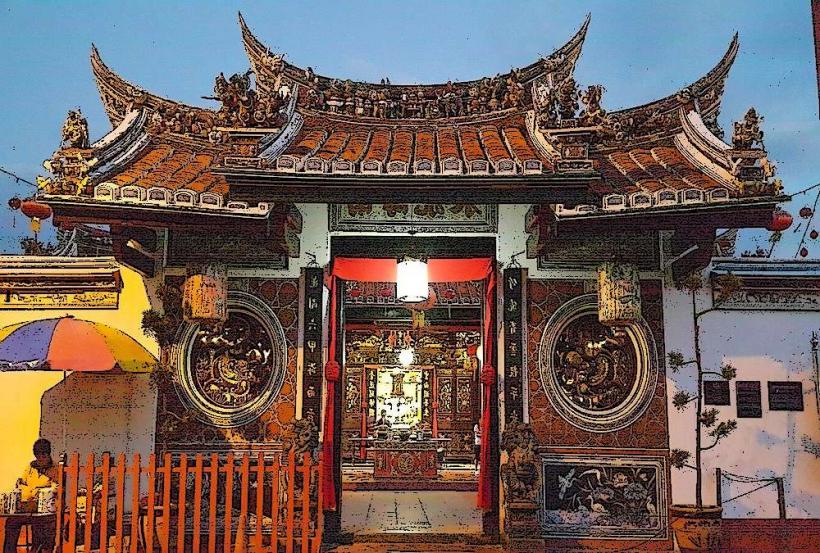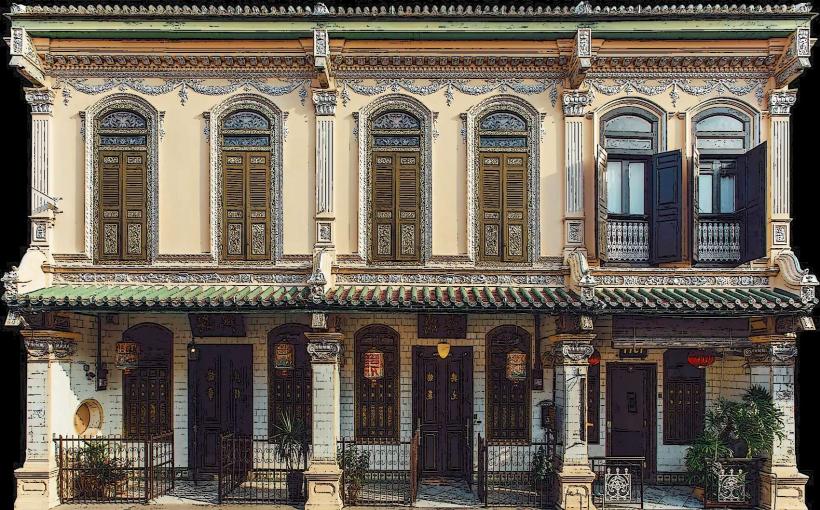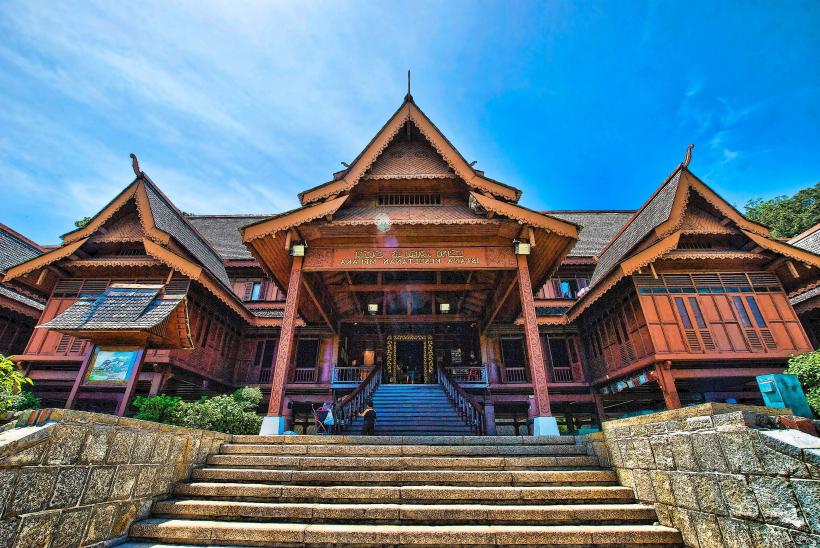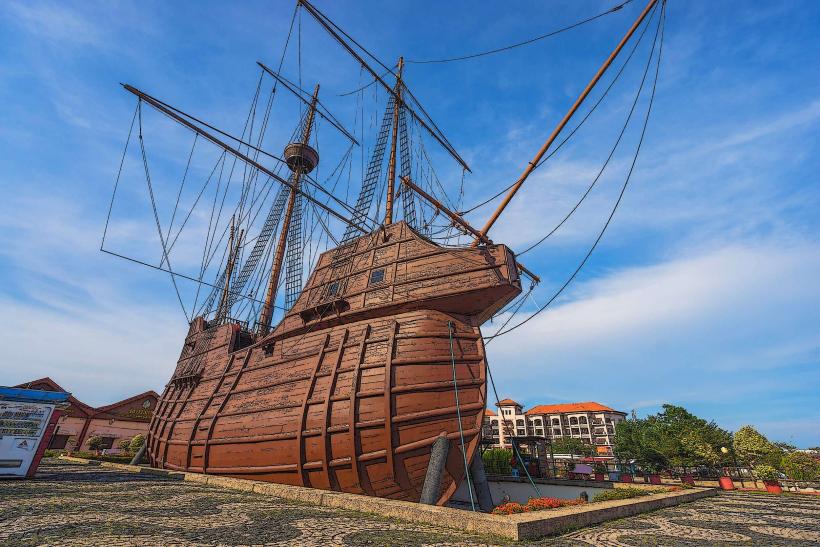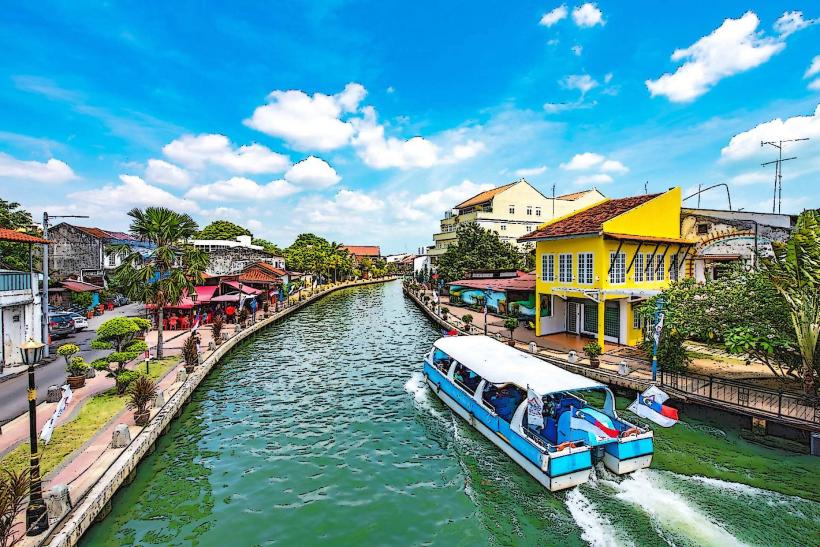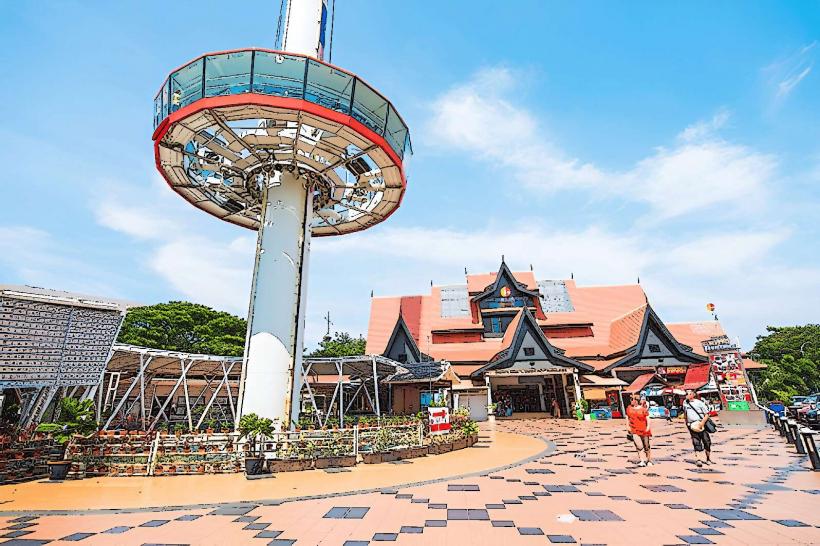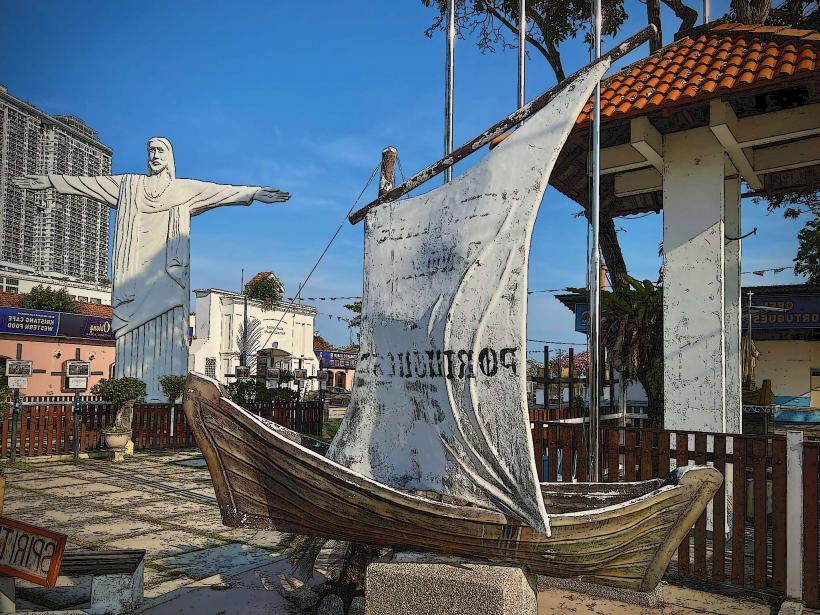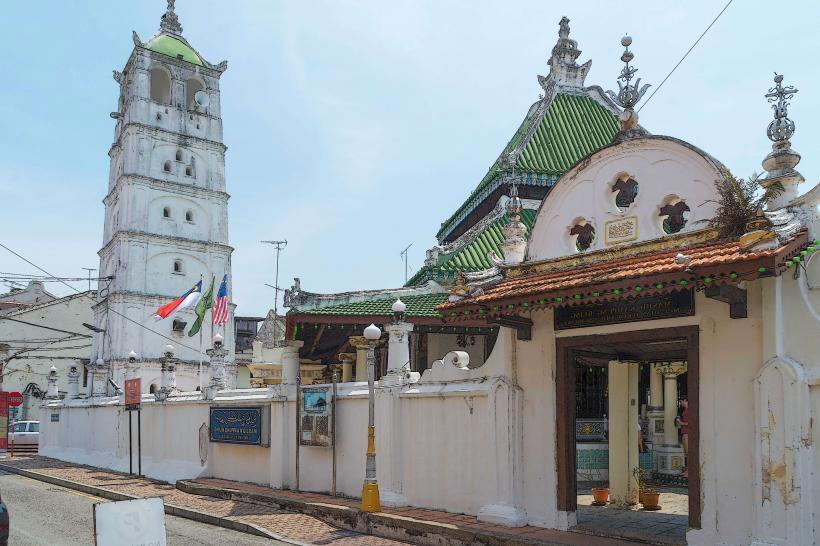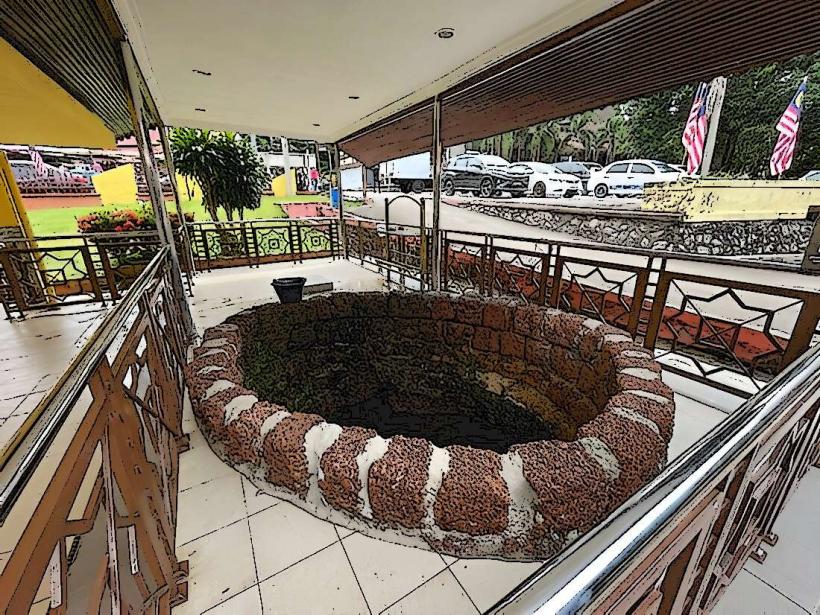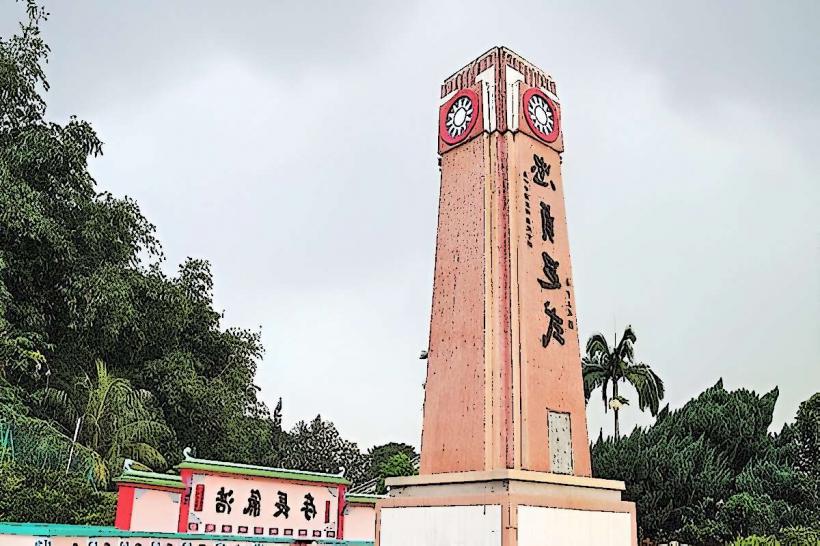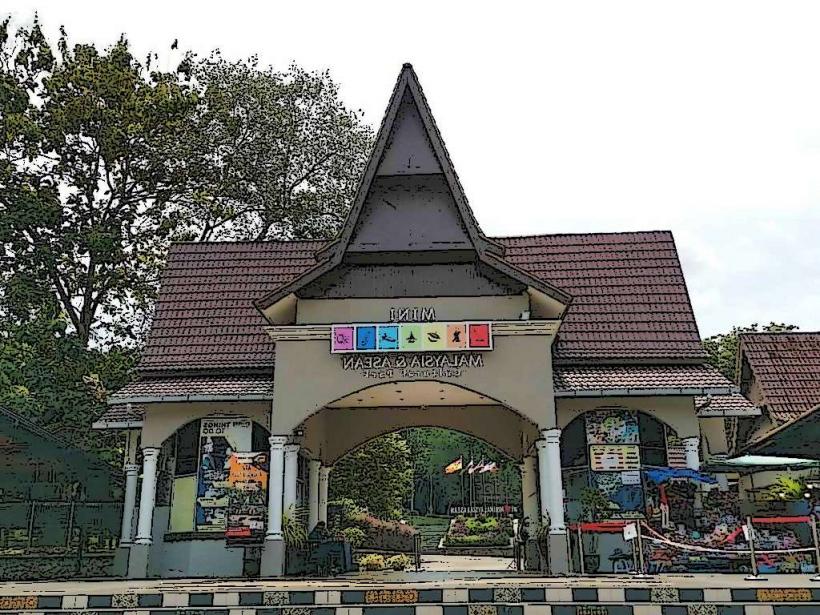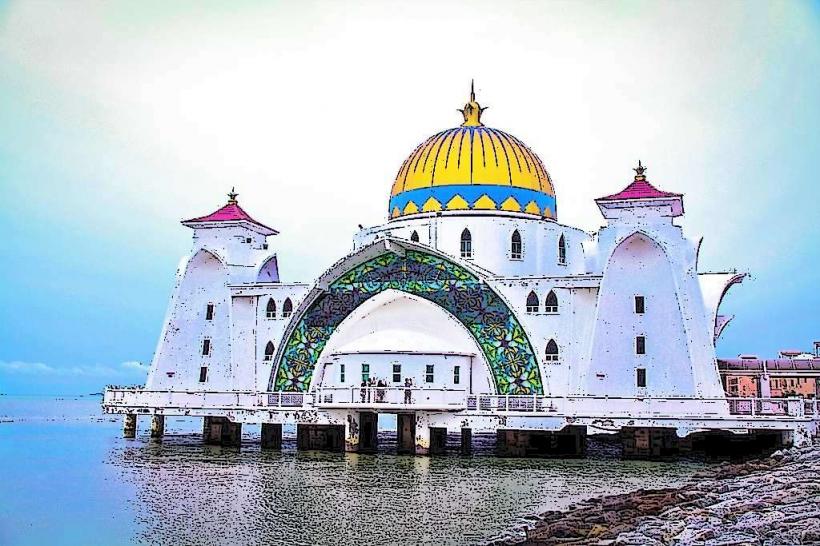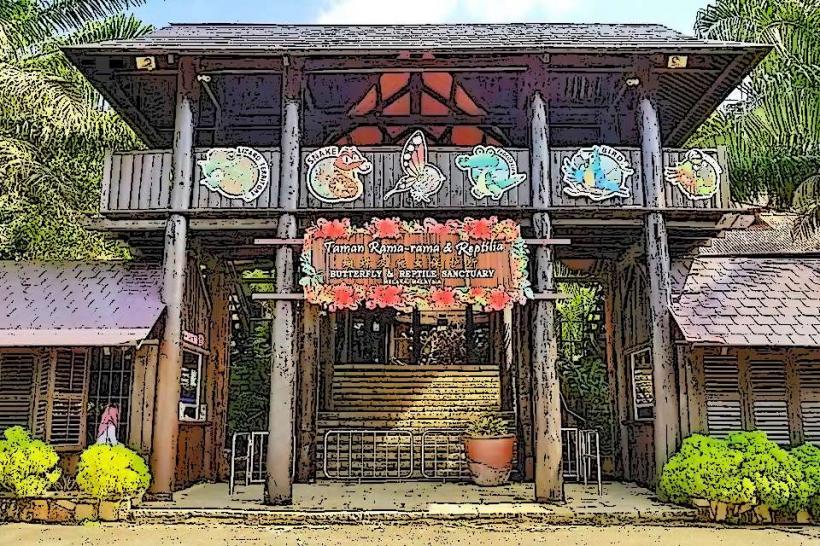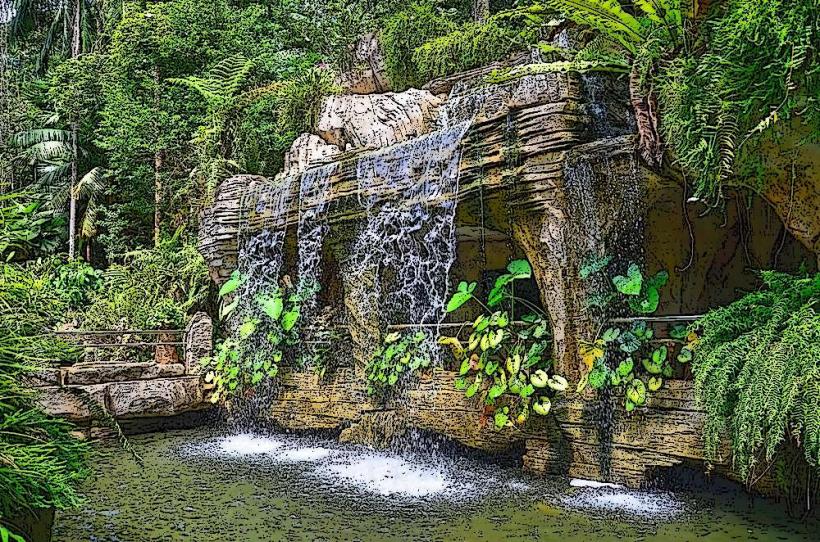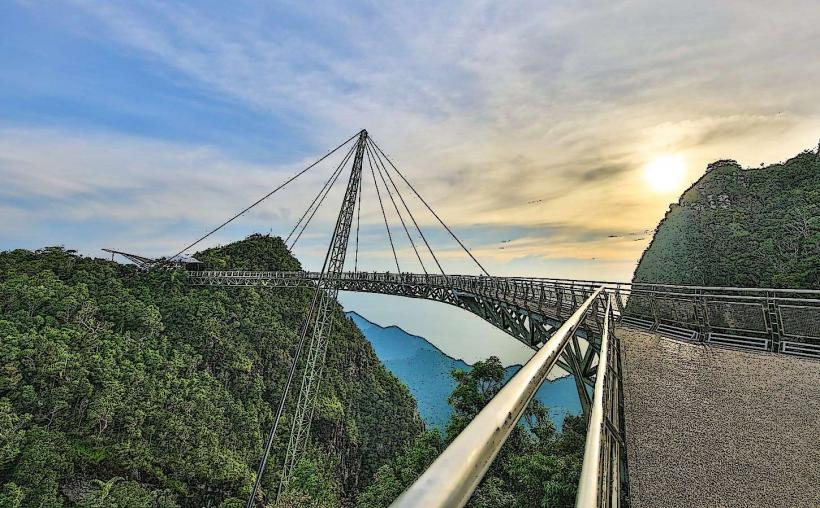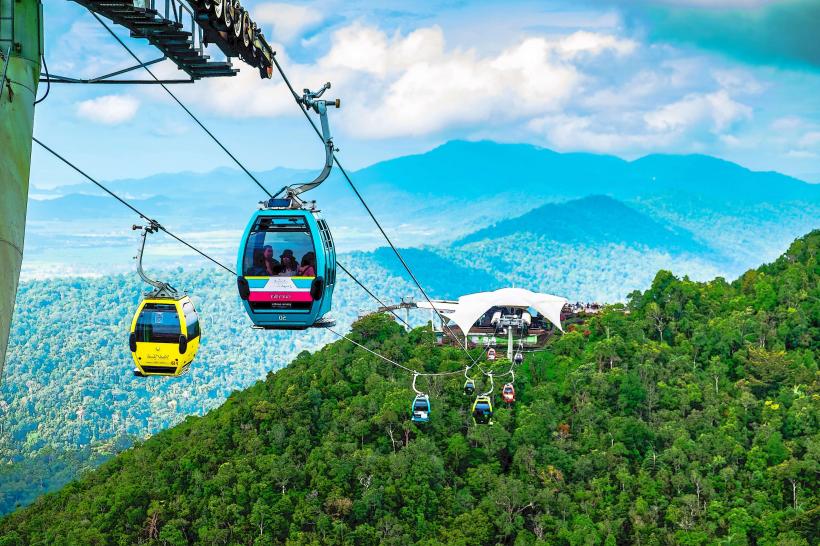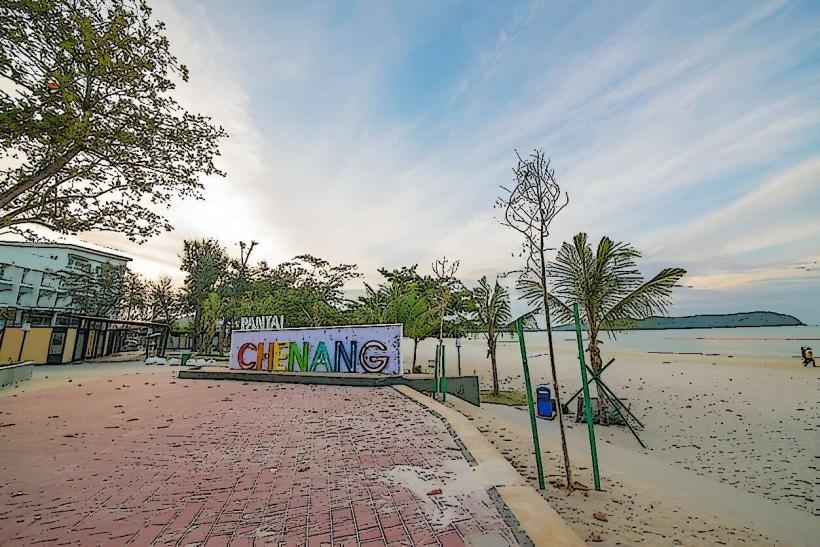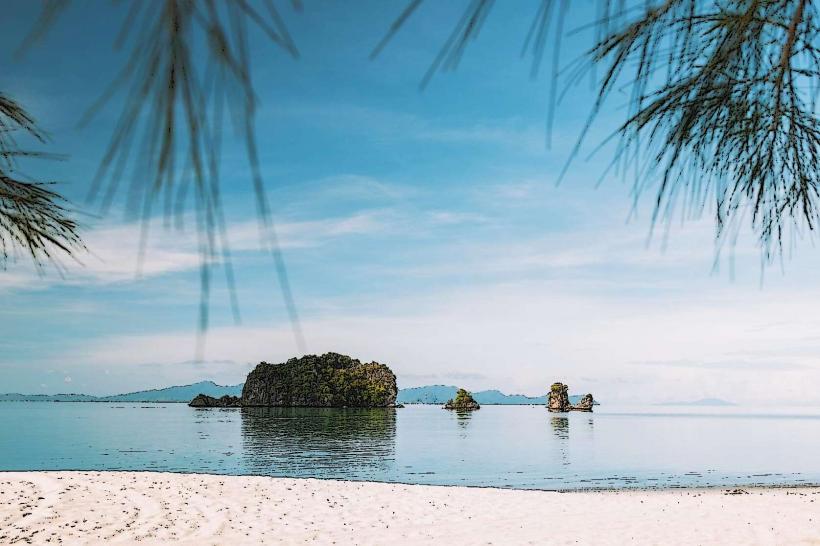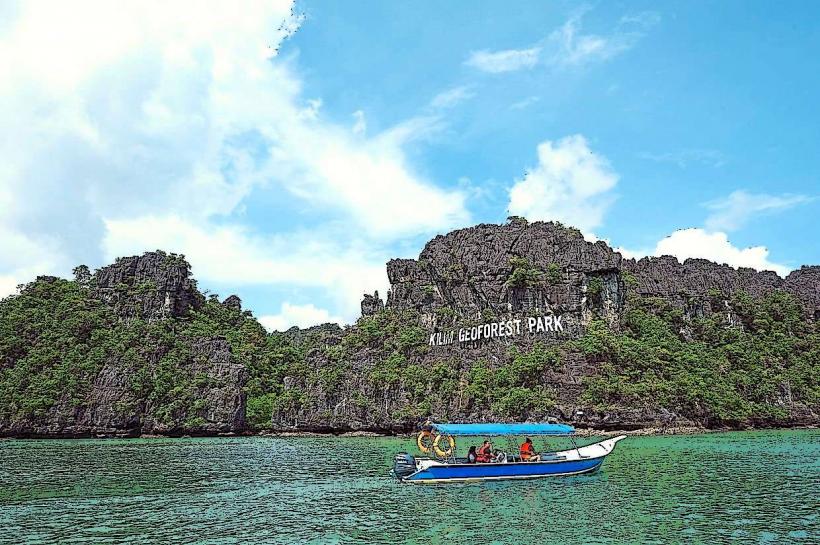Information
Landmark: Villa Sentosa (Malay Living Museum)City: Malacca
Country: Malaysia
Continent: Asia
Villa Sentosa (Malay Living Museum) is a traditional Malay house that has been converted into a museum showcasing Malaysian heritage and culture. Located in Kampung Morten, Malacca (Melaka), this museum offers a unique, immersive experience into Malay rural life and the customs of the Malacca Malay community. The museum is not only a historic house but also a cultural center that provides insight into the traditional Malay way of life in the early 20th century.
Historical Background
- Built: Villa Sentosa was originally constructed in the early 20th century as a typical Malay wooden house. It was built by Haji Mohd Shariff, a respected local figure, and has remained in his family for generations.
- Restoration and Museum: In 1982, the house was transformed into the Malay Living Museum by the family, with the intention of preserving and sharing the rich cultural traditions of Malacca's Malay community. The museum is still privately owned and maintained by the family, which adds to its authenticity and personal touch.
Architectural Features
- Traditional Malay Architecture: Villa Sentosa is an excellent example of a traditional Malay house, constructed using wooden beams, attap (thatch) roofs, and intricate carvings.
- The house is built on stilts, which is a typical feature of Malay architecture, designed to protect the home from flooding and pests.
- The elevated platform and large open spaces inside the house are designed to accommodate the tropical climate, keeping it cool.
- The architecture is complemented by the use of colorful decorations, ornate carvings, and intricate wooden latticework.
- Interior Layout: The interior is divided into several rooms, each showcasing various aspects of traditional Malay life.
- Living Room (Ruang Tamu): This central area is often decorated with traditional Malay furniture, such as wicker chairs, wooden tables, and kain pelikat (sarongs).
- Bedroom (Ruang Tidur): The bedroom is furnished with a traditional four-poster bed with intricately carved woodwork and batik textiles.
- Kitchen: The kitchen displays old utensils and cooking methods, demonstrating how traditional Malay meals were prepared.
Cultural and Historical Exhibits
Villa Sentosa showcases a wide variety of cultural artifacts and exhibits, offering visitors a glimpse into the lives of the Malay community in Malacca:
1. Traditional Costumes and Textiles:
- Visitors can view traditional Malay costumes, such as the Baju Kurung (a long tunic worn by women) and Baju Melayu (worn by men), as well as songket (woven fabrics with gold or silver threads).
- Displays of batik, a traditional fabric-dyeing technique, highlight the importance of textiles in the Malay culture.
2. Everyday Life:
- The museum includes exhibits that depict the daily routines of a typical Malay family in the past, with displays of cooking utensils, tools for farming, and traditional toys.
- Traditional musical instruments like the gamelan and rebab (a string instrument) are displayed, reflecting the importance of music in Malay culture.
3. Religious Artefacts:
- Villa Sentosa also features Islamic religious items, such as Qur’anic texts, prayer mats, and vases, which reflect the influence of Islam on the lives of the Malay people.
4. Art and Craft:
- The museum exhibits various Malay arts and crafts, including wood carving, metalwork, and weaving.
- Visitors can learn about the traditional craftsmanship involved in creating intricate Malay wooden furniture and other artisanal products.
Cultural Significance
- Preservation of Malay Heritage: Villa Sentosa stands as an important cultural and historical site that preserves the traditions, arts, and everyday life of Malay society in Malacca.
- Living History: Unlike many museums, Villa Sentosa maintains its authenticity by being an actual living house that was once home to a traditional Malay family. This gives it a personal and immersive atmosphere.
- Malay Traditions: The museum emphasizes the strong cultural identity of the Malay community in Malacca, showcasing both rural and urban influences that have shaped their way of life.
Visitor Information
Location:
- Kampung Morten, a traditional Malay village located along the Malacca River.
Opening Hours:
- Daily: 9:00 AM – 5:00 PM.
- Closed on public holidays or specific occasions, so it’s advisable to check in advance.
Entry Fee:
- Typically free entry, but donations are encouraged to help preserve the museum.
Nearby Attractions
- Malacca River: The river is nearby and offers a scenic cruise, allowing you to experience the historical heart of Malacca.
- Jonker Street: A short distance away, Jonker Street is famous for its antique shops, local food, and vibrant night market.
- Cheng Hoon Teng Temple: A key Chinese temple located near the museum, representing the multicultural makeup of Malacca.
Visitor Tips
- Respectful Attire: As the museum is a traditional Malay house, visitors should dress modestly.
- Photography: Photography is allowed, but it’s best to be mindful of the delicate artifacts on display.
- Guided Tours: If available, take a guided tour for a more in-depth understanding of the exhibits and the history of Villa Sentosa.
- Best Time to Visit: Early morning or late afternoon to avoid crowds, especially during weekends or public holidays.
Villa Sentosa (Malay Living Museum) provides a fascinating window into the rich cultural traditions of the Malay community in Malacca. It is an excellent place to explore Malay customs, art and architecture, all while enjoying the serene atmosphere of a traditional village.


